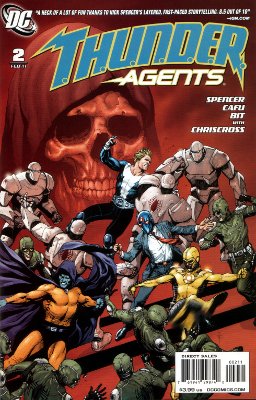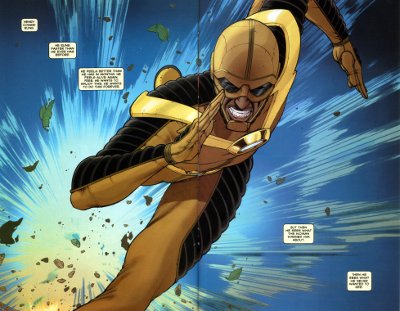Today’s guest post is by Dave Huang.
In 2011, Green Lantern is getting an animated series because of the feature film. The executive producer is Bruce Timm of DCAU fame, along with Giancarlo Volpe (director: Avatar: The Last Airbender, Star Wars: The Clone Wars) and Jim Krieg (writer: X-Men Graduation Day, Spider-Man, Ben 10) as producers. With a history of hand drawn animated DC shows, Green Lantern stands out as the first DC show done in CGI. This article considers the advantages of making The Flash the next.
The main reason to consider CGI is GL’s production. Overcome the learning curve for producing a quality superhero CGI show with GL with make the production team veterans for a polished Flash series and keep their experience from going to waste. Although Batman: The Animated Series was the first DCAU show, the universe wasn’t born until Superman: The Animated Series brought us “World’s Finest”. Until then, B:TAS was closed-off, much like GL is currently being developed to be (taking place 98% in space with no anticipated overlap with non-GL DCU at large). S:TAS established the crossovers and serial storytelling that expanded into the production of a full blown, lasting, and lucrative universe. A CGI Flash series following a CGI GL series can play the same role- bridging two worlds- as Flashes and Green Lanterns go together like PB and J… and CGI and The Flash may be a surprising fit.
While The Flash Family is no stranger to animation, their appearances tend to come in brief bursts, in part because of the challenges with bringing a speedster to the small screen in an animated format. On commentary tracks, Timm has remarked how difficult it is to keep Flash in frame and to convey a sense of speed cost-effectively, perhaps accounting for why he said in 2007 that he will probably not do a Flash series. However, some of the strengths — indeed the requirements — of CGI production might change his mind:

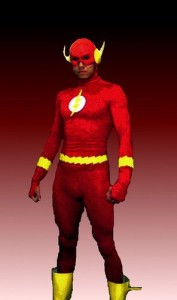
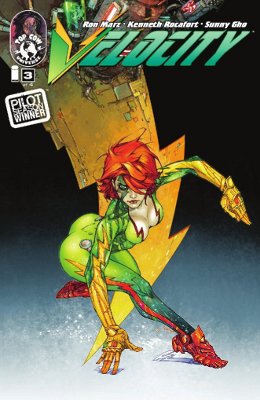
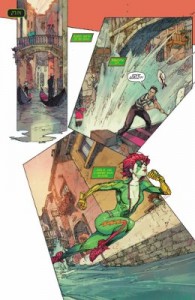 I’m developing mixed feelings about the art, though. On one hand, I love the style, the detail, the expressions, and the creative panel designs. The pages often have a fragmented look that makes the story feel more hurried. On the other, some panels are sexualized enough that they distract from the story. Yeah, it’s Top Cow…but sexiness should serve the story, not detract from it, right?
I’m developing mixed feelings about the art, though. On one hand, I love the style, the detail, the expressions, and the creative panel designs. The pages often have a fragmented look that makes the story feel more hurried. On the other, some panels are sexualized enough that they distract from the story. Yeah, it’s Top Cow…but sexiness should serve the story, not detract from it, right?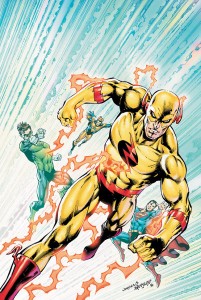
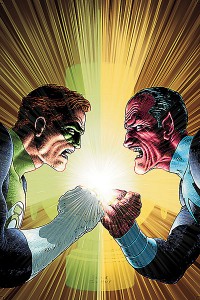 Written by GEOFF JOHNS; Art and cover by DOUG MAHNKE & CHRISTIAN ALAMY; 1:10 “DC 75th Anniversary” Variant cover by FRANK QUITELY
Written by GEOFF JOHNS; Art and cover by DOUG MAHNKE & CHRISTIAN ALAMY; 1:10 “DC 75th Anniversary” Variant cover by FRANK QUITELY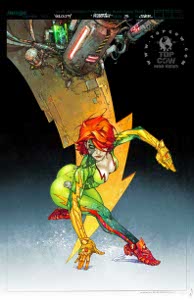 Story: Ron Marz
Story: Ron Marz